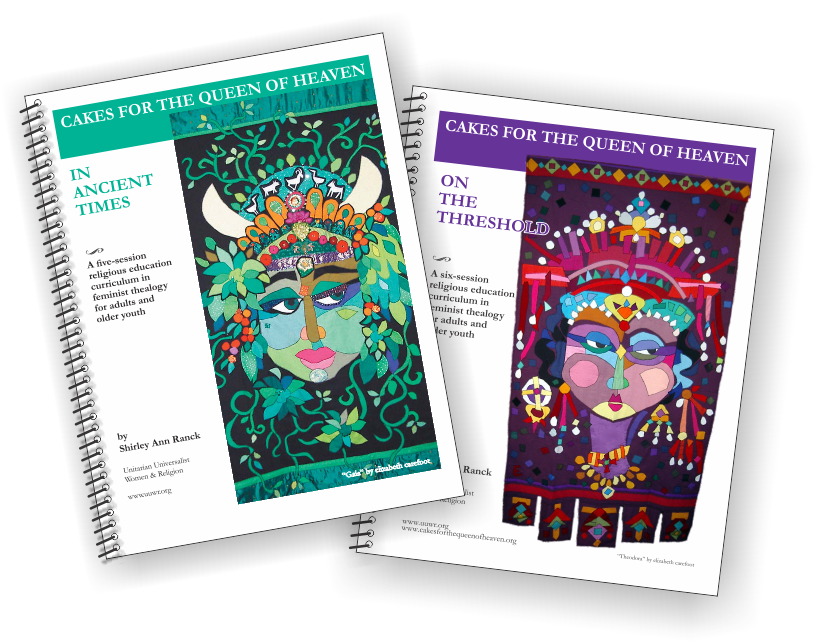Conferences, like retreats, usually have a general theme; however, the theme of a conference can be related to a talk by a keynote speaker or a special guest who may take charge of a significant portion of the program.
Conferences usually offer some programs for all in attendance to be together plus a variety of concurrent workshops. Most of the suggestions on the previous pages are adaptable for conferences as well as retreats.*
Following are some procedures geared especially for conference facilitators.
FACILITATORS' COMMITTEE
- If there is a local facilitators' committee, rather than a single facilitator, it is wise for the committee to take time at the very beginning of the planning process to assess their individual working styles and to establish directly what their decision-making and communications processes are going to be. A team of two is usually preferable to one facilitator; two is often preferable to three.
- If may be helpful to have an early meeting with leadership of the sponsoring organization, including the treasurer, to establish working relationships and responsibilities among them. Previous conference facilitators may also serve as valuable resources.
- It is important for the committee not to try to do all the planning and on-site work themselves, but, instead, to involve as many members of the local society as possible.
- If there is a committee of facilitators, only one name and phone number should appear on the conference brochure as an information source — preferably a phone number served by an answering machine. Advertising multiple numbers is an invitation to inconsistent information, duplication of effort, and confusion.
- A copy of all procedures, governing policies, and guides should be given to each member of the facilitating committee, not just to designated chair/co-chairs.
* The differences between retreats and conferences may be related as much to the setting as to program specifics. Conferences arc more often held in a "formal" setting, such as local UU society. Retreats are more often held in a less formal, relaxing setting, removed from ''normal" activities. For example, for many years, FL District W&R has held semi-annual retreats at UU In the Pines, a retreat center, while conferences are hosted by a different UU society each year.



